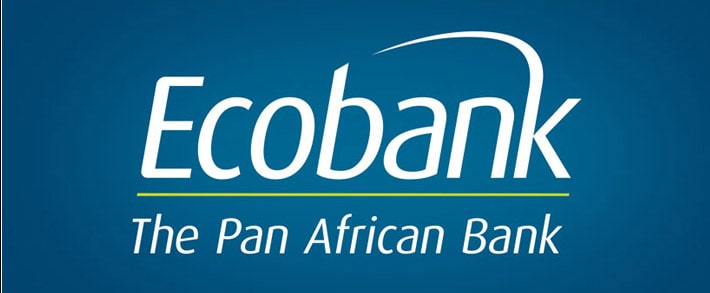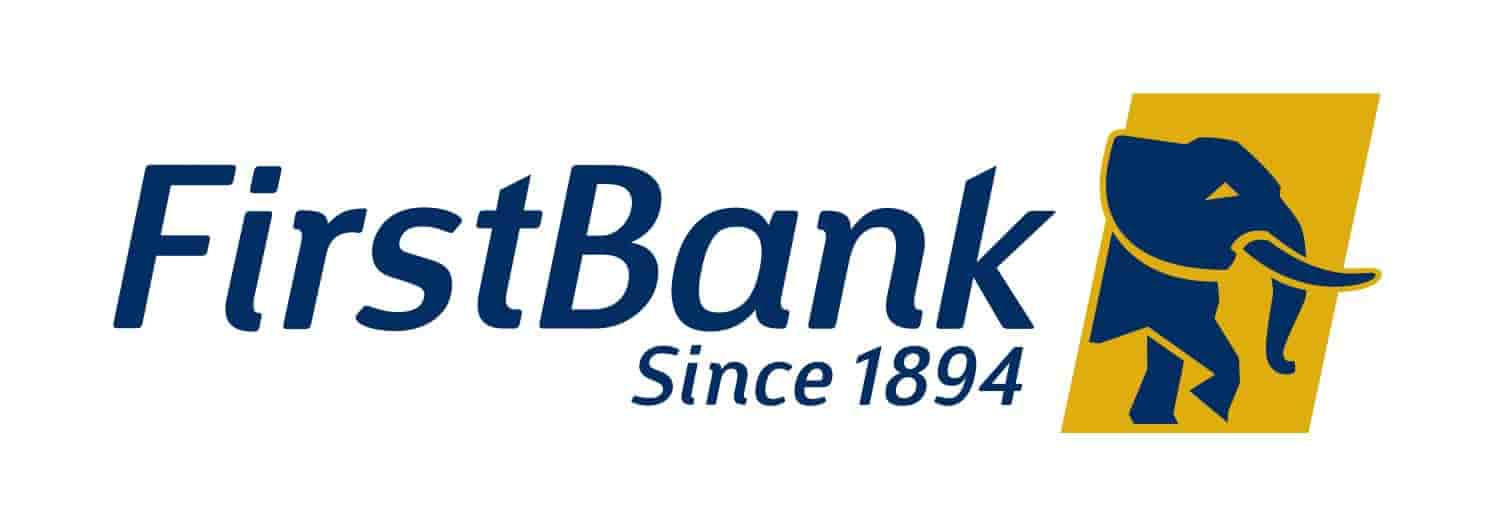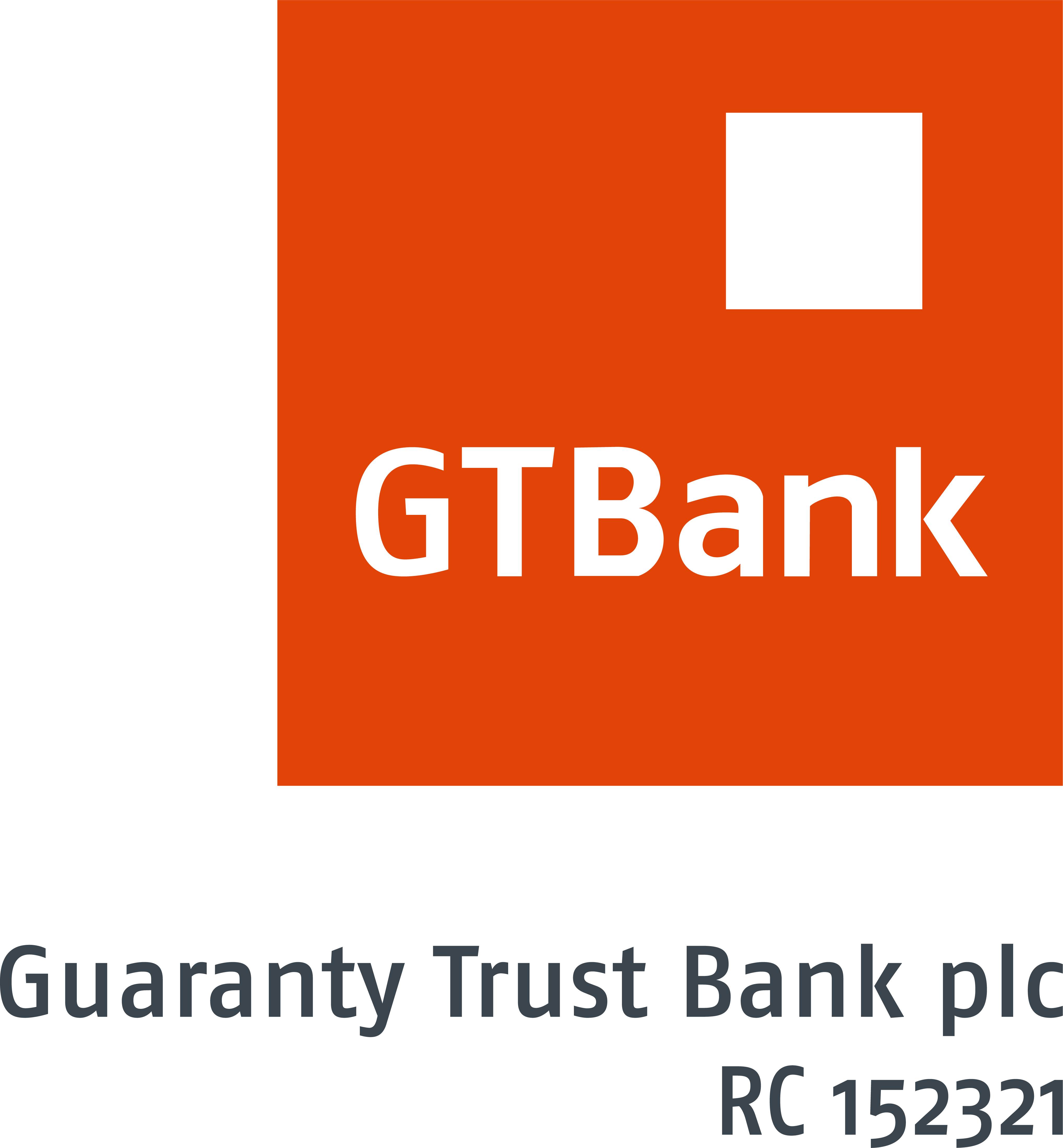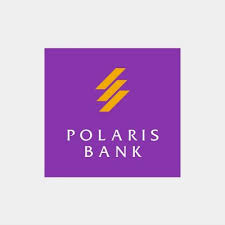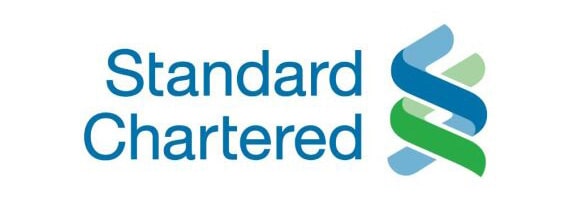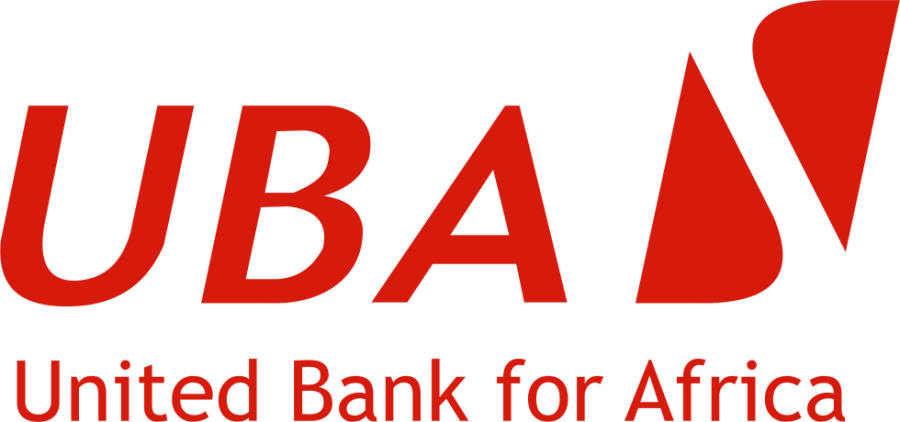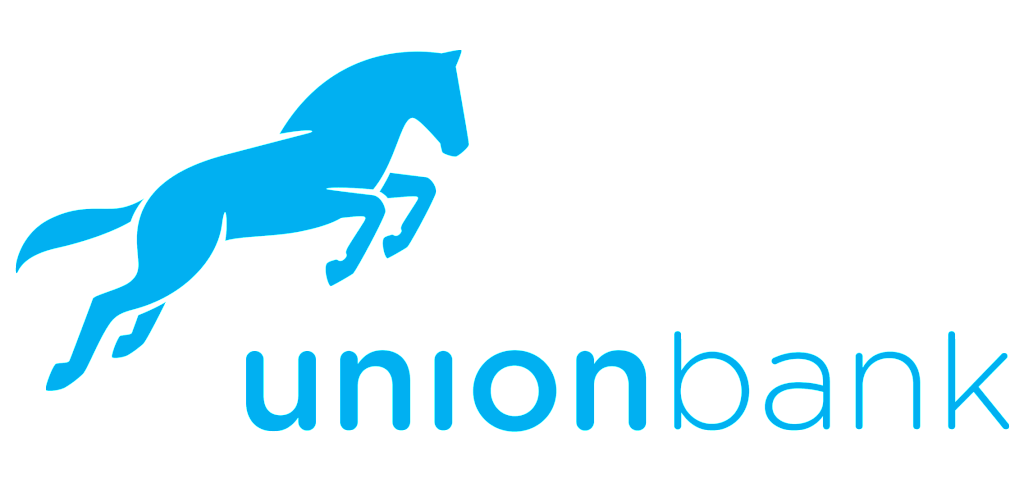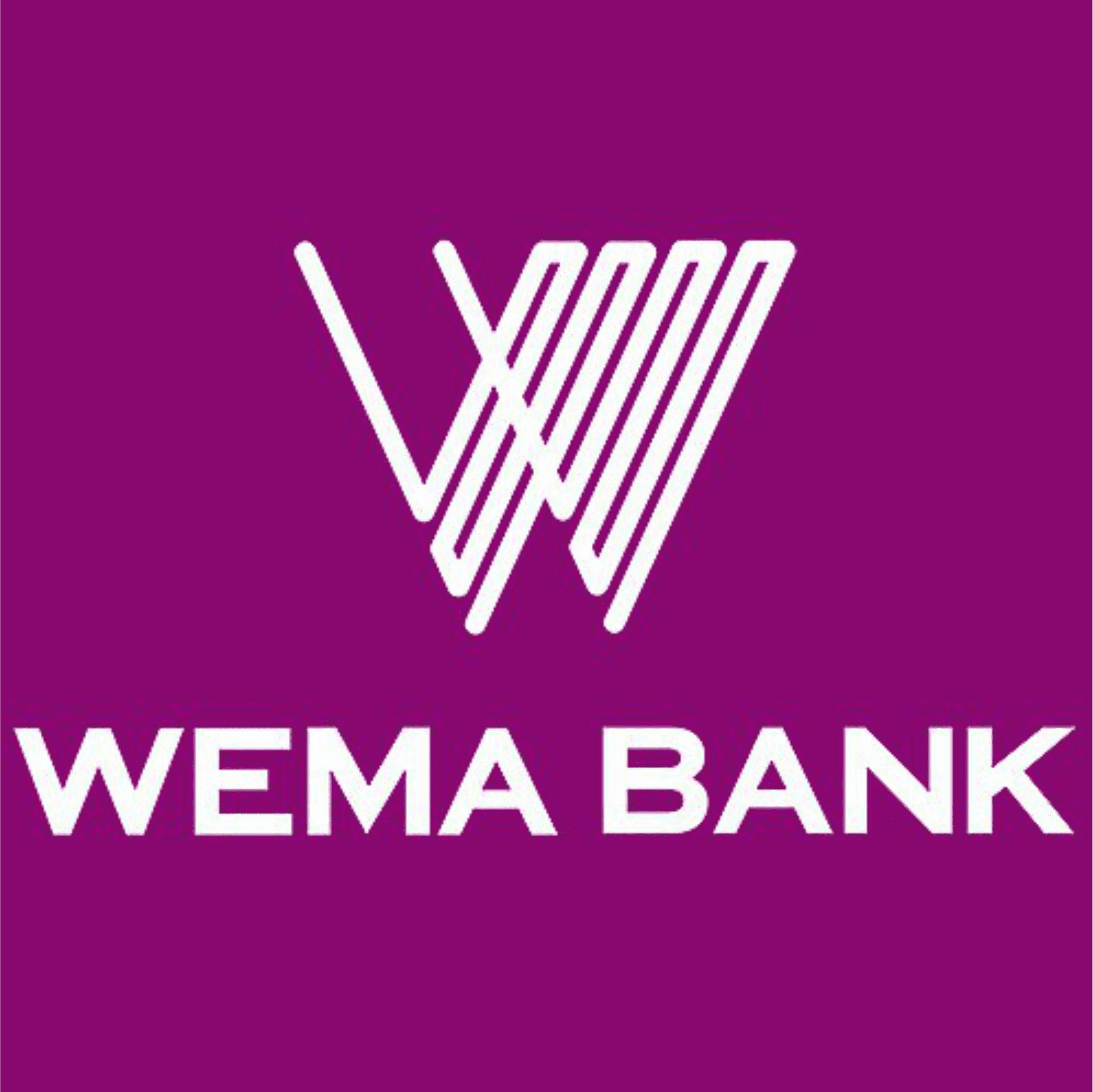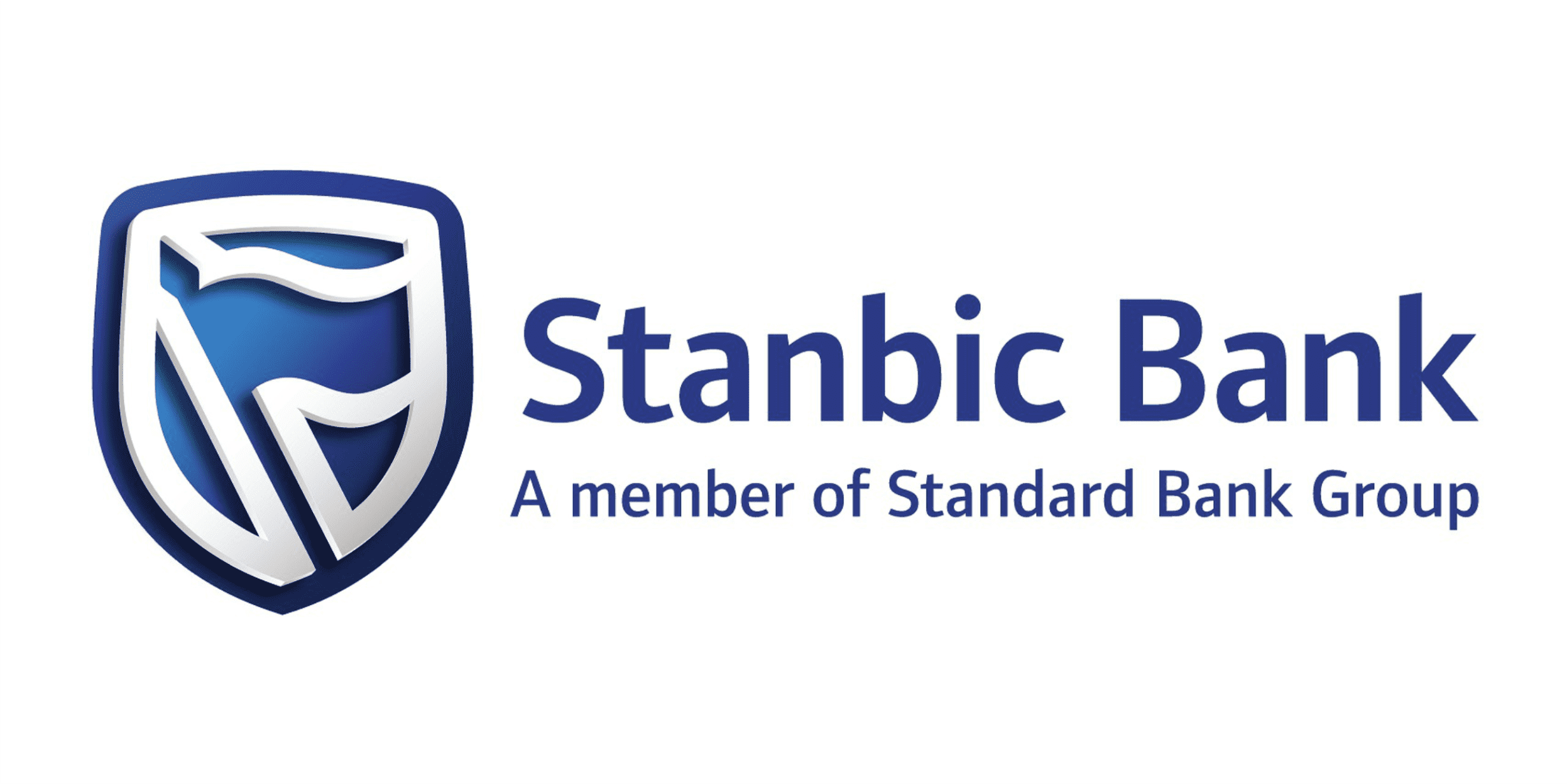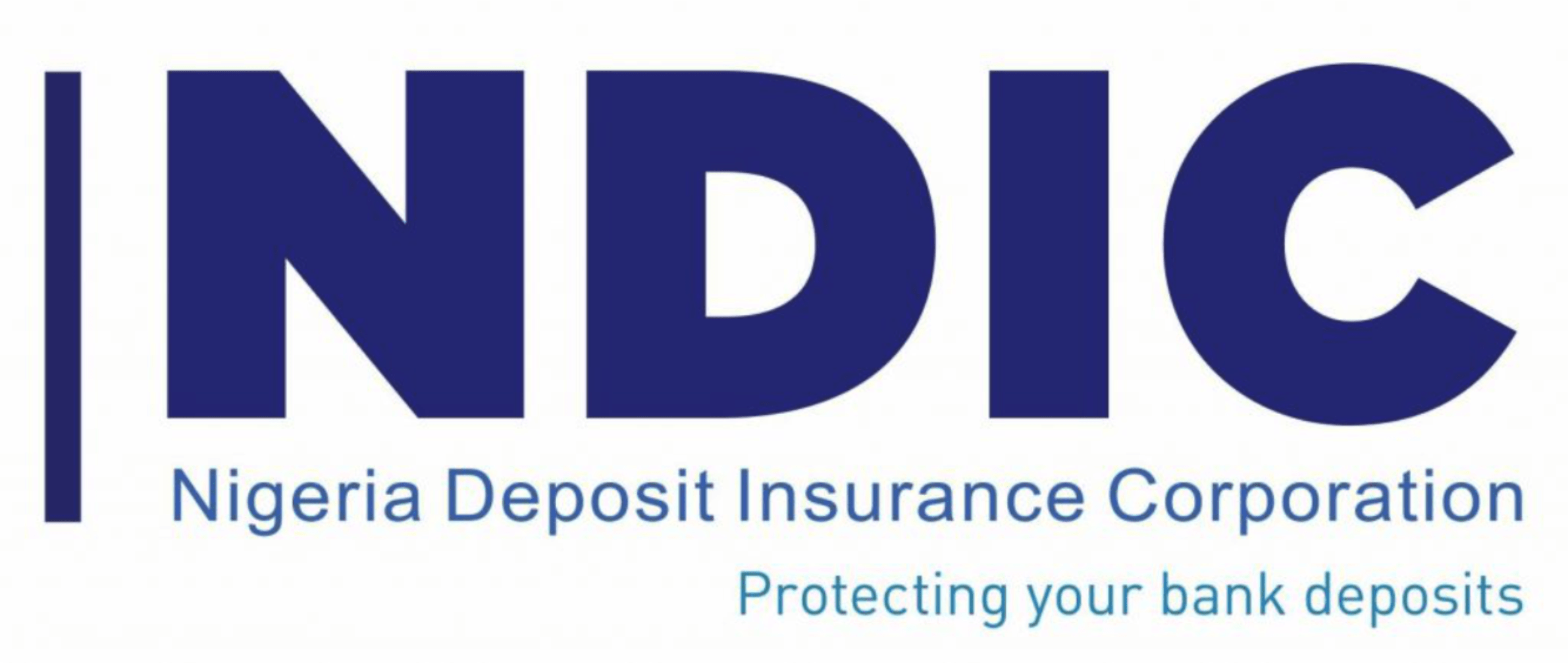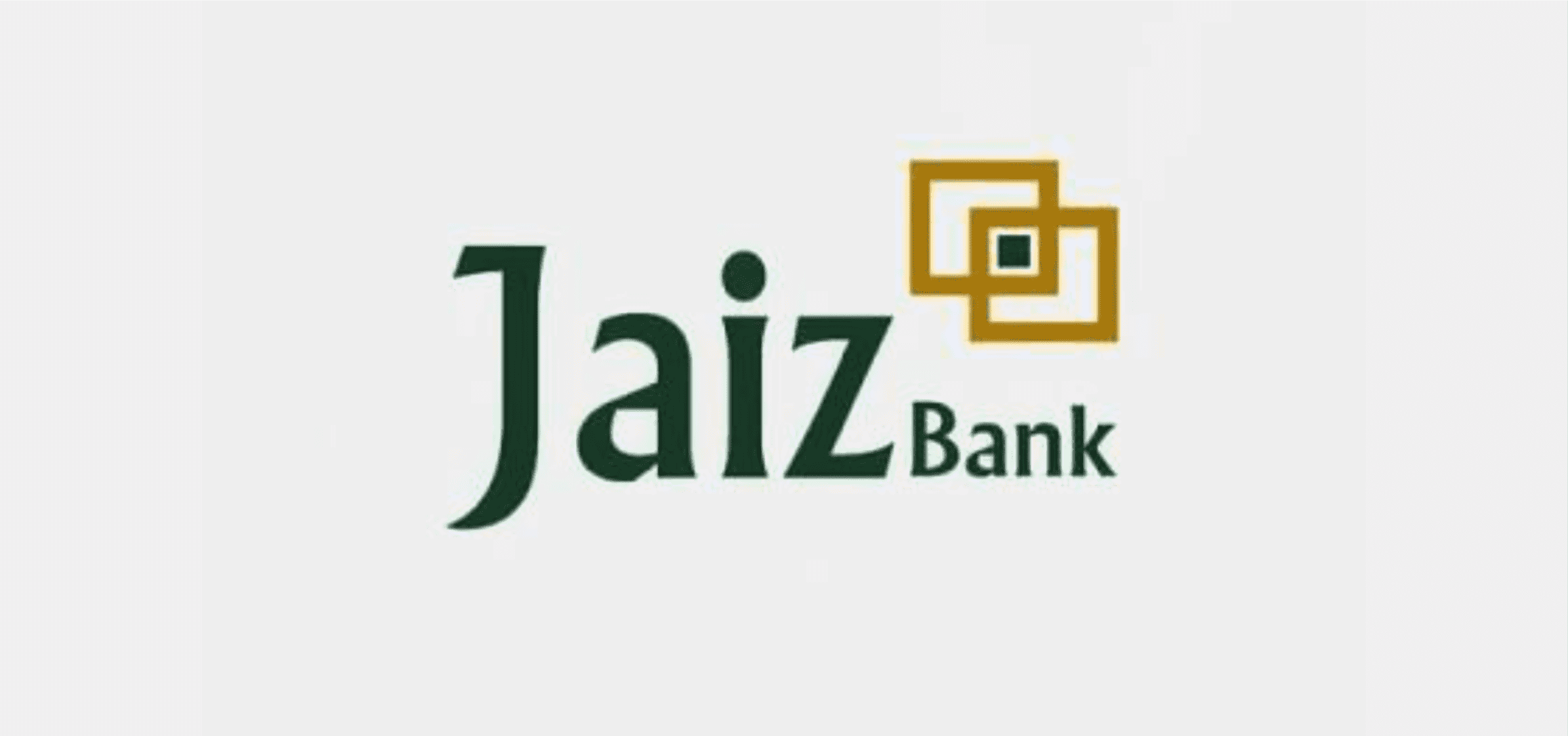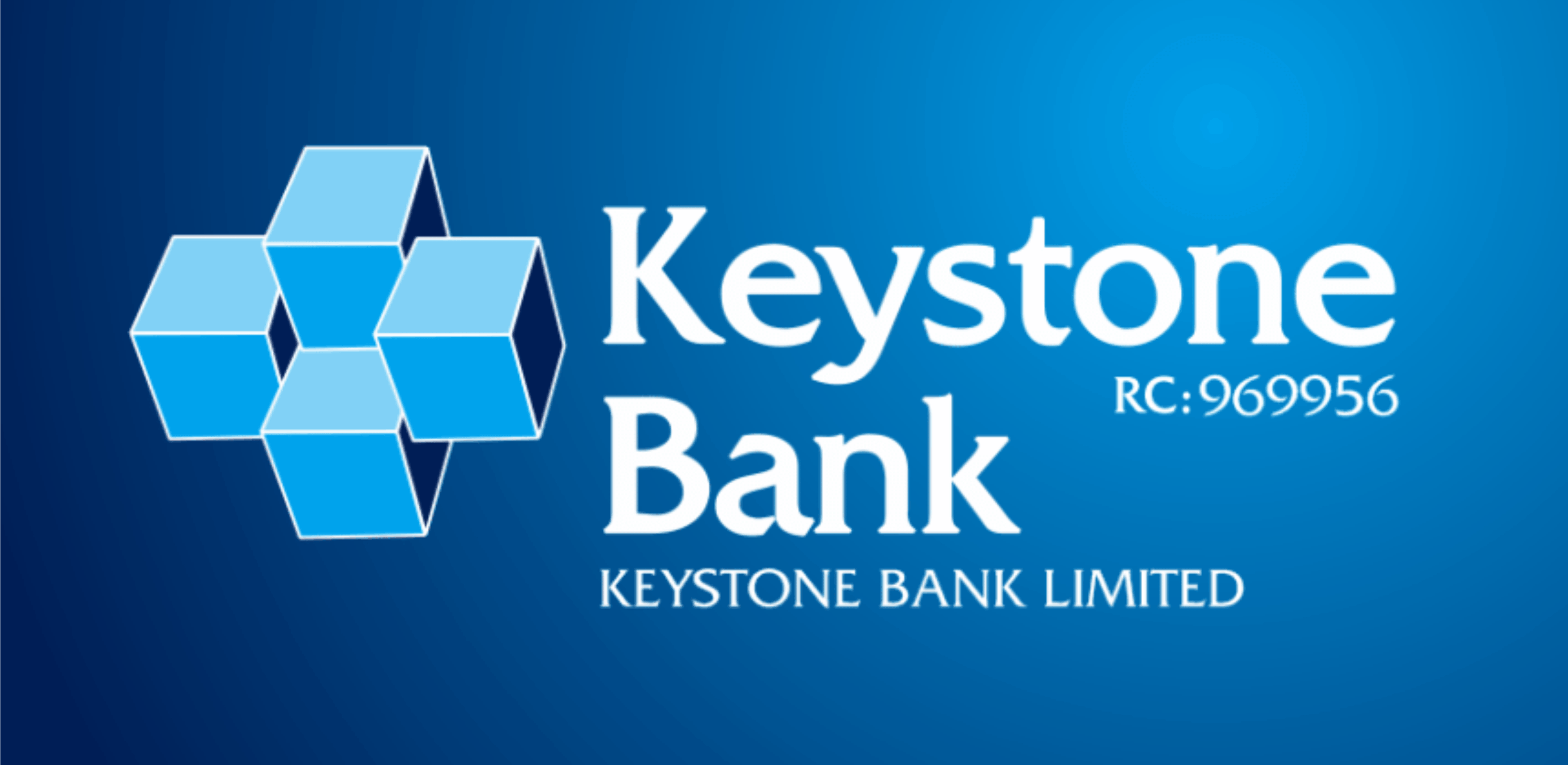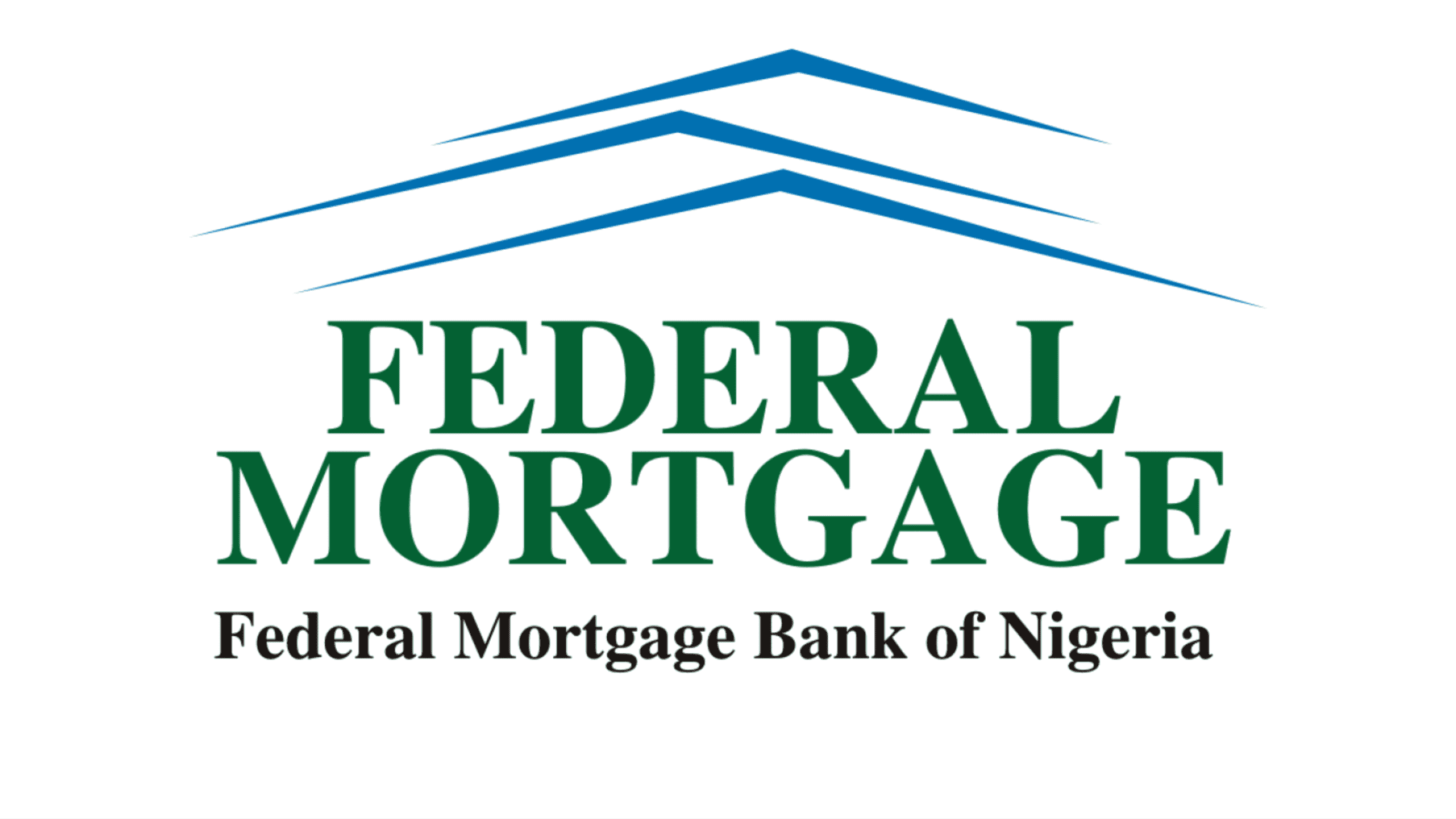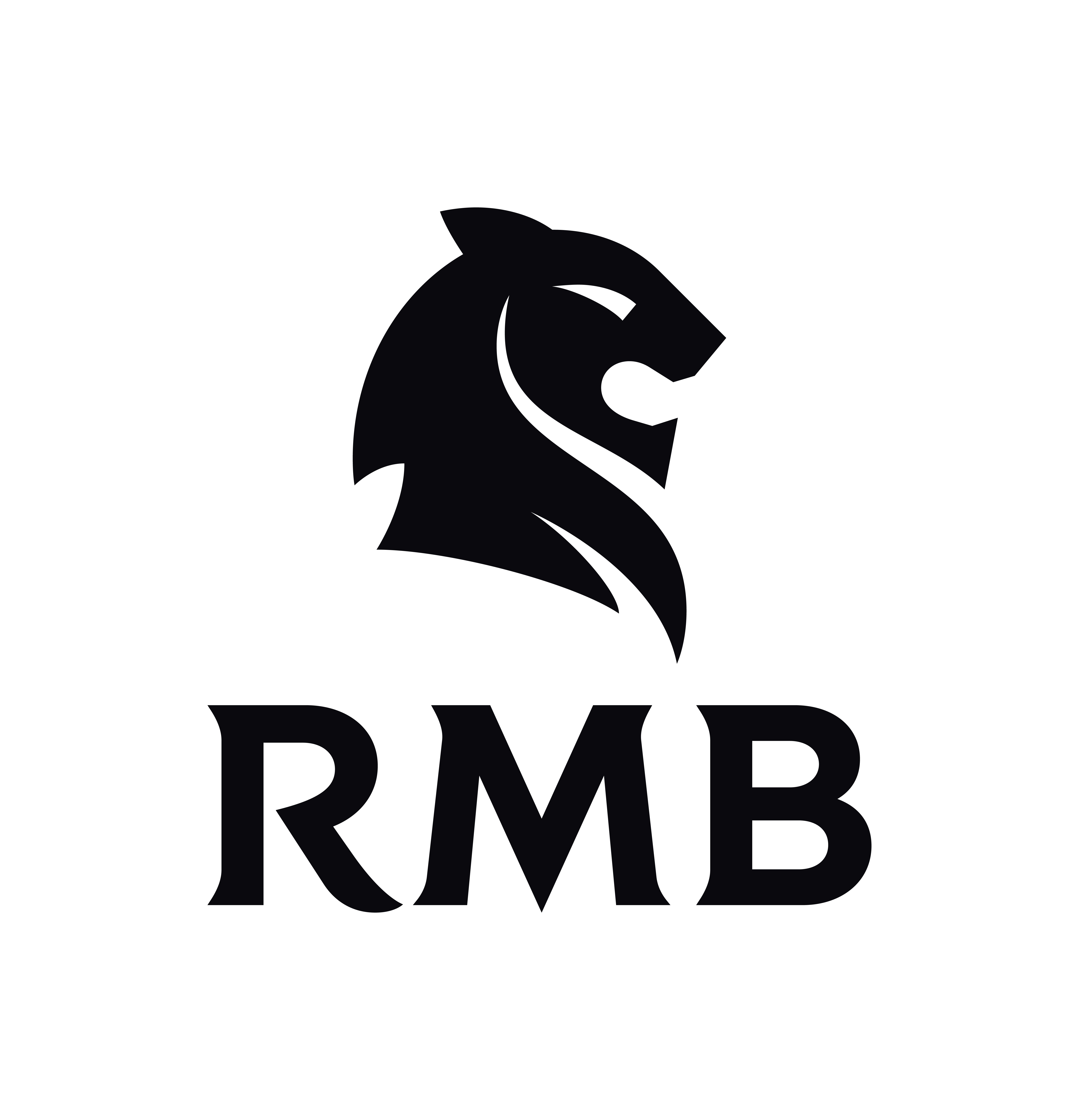The Institute
The Chartered Institute of Bankers of Nigeria (CIBN) is the umbrella professional body for bankers in Nigeria.
The Council is chaired by the President/Chairman of Council.
The Chief Executive formerly referred to as Executive Secretary is now addressed as Registrar/Chief Executive and serves as Secretary at Council meetings.
Fellows and Associates are tagged, FCIB (Fellows Chartered Institute of Bankers) and ACIB (Associates Chartered Institute of Bankers) instead of FIB and AIB.
In its policy formulation and coordination efforts, the Governing Council is assisted by the following Committees namely:
- Body of Past Presidents
- Board of Fellows and Practice Licence
- Body of Banks’ Chief Executive Officers
- Forum of Past Registrars/Chief Executives
- Disciplinary Tribunal
- Investigating Panel
- Capacity Building and Certification Committee
- Finance & General Purposes Committee
- Audit Committee
- Membership Services and Development Committee
- Mentoring Advisory Committee
- Research, Strategy, and Advocacy Committee
- Ad-Hoc Committee on Annual Bankers Dinner
- Ad– Hoc Committee on Overall Review of CIBN Electoral Process
The CIBN Act provides for the maintenance of a register of members to be printed, published and sold to the public. It empowers the Institute to ensure the furtherance, maintenance and observance of ethical standard and professionalism among practitioners of the banking profession. The Act makes it an offence for a non-member of the Institute to practice banking. It empowers Council to set up an Investigating Panel to inquire into cases of unprofessional conduct leveled against any member and to refer any case in which it believes in its preliminary enquiry that a member has a case to answer to the Disciplinary Tribunal.
If found guilty, the Tribunal may order the Registrar/Chief Executive to strike off the member's name from the register. If the case is of a criminal nature, it is referred to the police for prosecution in a law court. The Tribunal has the status of a High Court as an appeal from its judgement can only be entertained by the Court of Appeal.
The formalisation of the Institute's Chartered Status no doubt, created the legal authority to impose its operating standards and ethical principles on an increasingly complex financial sector.

